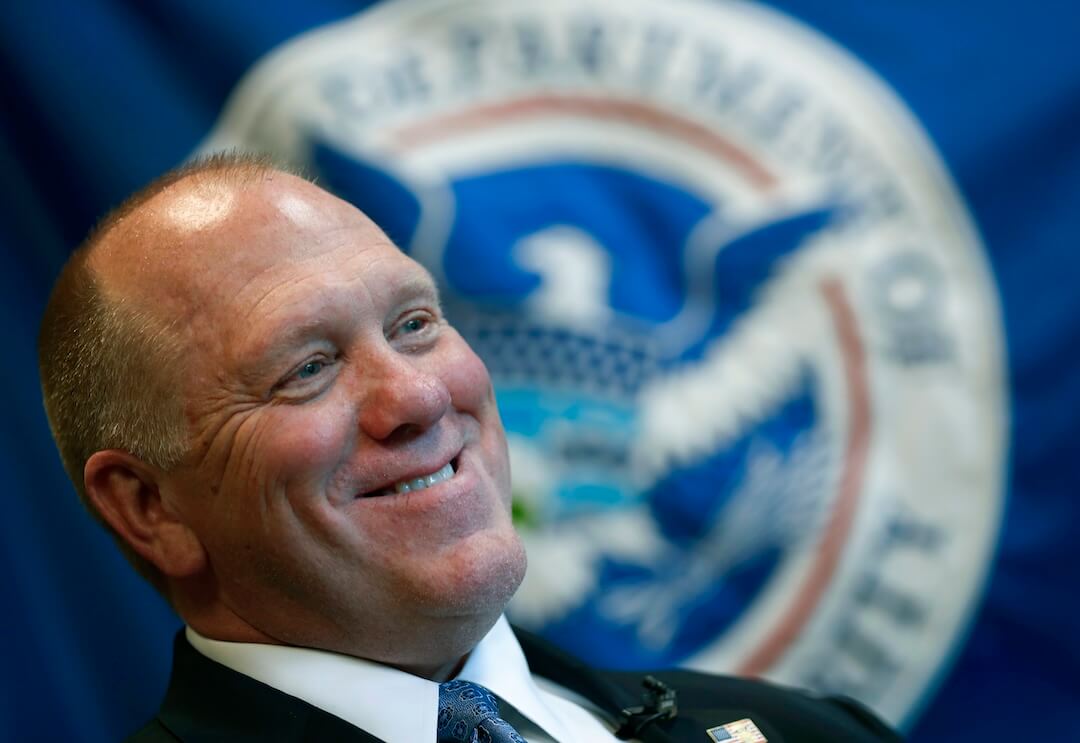Lawyers representing Donald Trump are issuing a full-throated denial and threatening to sue after a New York Times report detailed allegations of sexual harassment by the Republican nominee for president.
On Wednesday, the Trump campaign published a letter to New York Times Executive Editor Dean Baquet from the law firm Kasowitz, Benson, Torres and Friedman saying the Times article is “reckless, defamatory and constitutes libel per se.” The letter, which demands a retraction, calls the Times report “nothing more than a politically-motivated effort to defeat Mr. Trump’s candidacy.”
That is why you apparently performed an entirely inadequate investigation to test the veracity of these false and malicious allegations, including why these two individuals waited, in one case, 11 years, and, in another case, more than three decades, before deciding to come forward with these false and defamatory statements.
The article, published by The New York Times Wednesday evening, quotes two women who allege Trump sexually harassed them in the years before his candidacy. One of the women, Jessica Leeds, said Trump groped her on an airplane flight more than three decades ago. Another, Rachel Crooks, told The New York Times that Trump kissed her on the mouth without consent at Trump Tower in 2005.
Baquet on Wednesday replied to Trump in a statement to CNN Money, saying the story “falls clearly in the realm of public service journalism.”
Also on Wednesday, two other news organizations published articles connecting Donald Trump to sexual harassment. Shortly after the Times story broke, the Palm Beach Post quoted Mindy McGillivray, a Palm Springs woman, who said that Trump groped her more than a decade ago at his Mar-a-Lago resort.
Meanwhile, People magazine published an article by Natasha Stoynoff, a former Trump reporter for the magazine, who said he forcibly kissed her in 2005 while she was working on a story about the anniversary of his marriage.
This isn’t the first time Trump has threatened to sue The Times. In September, Trump tweeted that his lawyers wanted to take the newspaper to court over “irresponsible intent.” He has repeatedly called its stories fictional and suggested it’s on the verge of “failing.”
If Trump follows through on his threat to sue, he’d be facing an uphill legal battle. To prevail in court, he’d have to meet the “actual malice” standard for libel, which would require proving The New York Times knowingly published inaccurate information about his campaign.
It would also open Trump’s private life to discovery, which would allow the Times to probe his history as part of its libel defense.






